King’s College London
Founded in 1829, King’s College London is a research-intensive university with a rich tradition of inter-disciplinary research and innovation.
We have world class research strengths across the natural, mathematical and engineering sciences as well as the health and life sciences, and an active focus on novel discovery and applied science and translational activity at the convergence points of these areas. King’s Engineering also brings together activities from the School of Biomedical Engineering & Imaging Sciences, the Department of Engineering and the Plus Alliance for the development of engineering as a key strategic priority with a shared overarching vision, to support delivery across the three constituent units for the benefit of humankind and the planet.
King’s has enjoyed great success in securing funding to generate knowledge and impact as part of major thematic challenges and missions set by government and strategic public funders in areas such as advanced therapeutics, robotics, smart manufacturing, 5G technologies, imaging science and biomedical engineering. In August 2021, King’s launched a new Centre for 6G Research, an exciting collaboration with the University of Bristol as joint pioneers of next generation mobile networks.
Collaboration is intrinsic to this, and King’s prides itself on its broad base of partnerships with other universities in London and the south. Notable examples of this include our collaborations with UCL and Imperial in The London Medical Imaging & AI Centre for Value Based Healthcare and The London Centre for Nanotechnology.
King’s is proud to be part of King’s Health Partners, a leading academic health science centre, as well as key national hub initiatives such as the Francis Crick Institute, the Rosalind Franklin Institute and the UK Dementia Research Institute.
Member stories
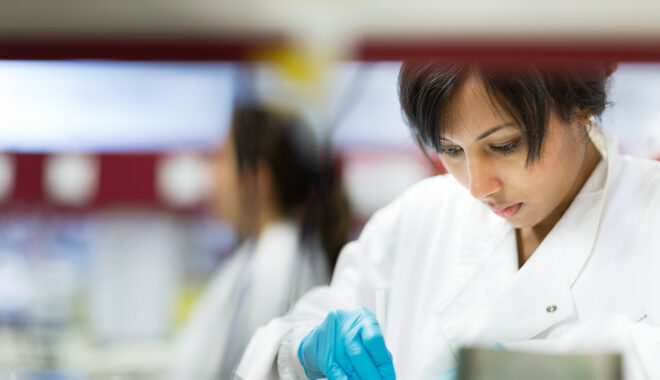
SES members to play a leading role in training future scientists and engineers
Some 4,000 students will benefit from a £1bn investment in doctoral training centres for engineering and physical sciences, with SES members lead partners in almost a third of them.
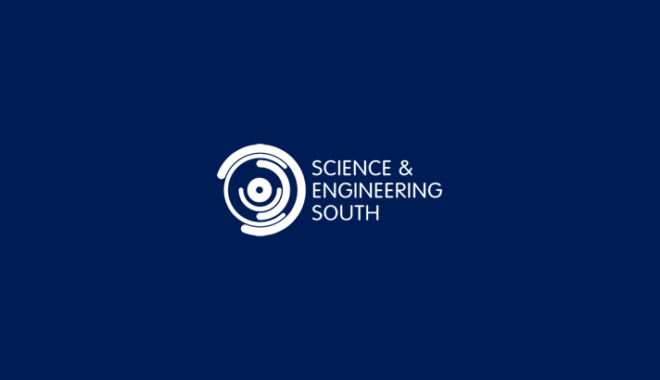
Discovering positive research initiatives at SES universities
Our partner universities are at the cutting edge of research. They constantly strive to create environments where new ideas can flourish, and innovation is second nature.
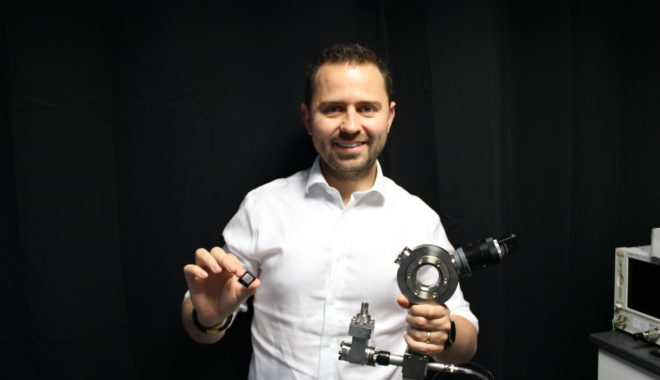
The spin-outs changing our world
Spin-outs have the potential to redefine how research, patient care and product development is handled in the future. Find out about SES members’ spin-out activities.

Showing our impact – REF 2021
Looking beyond SES members’ excellent performance in REF 2021 to their case studies reveals the positive impact their research is having. Here are some examples.
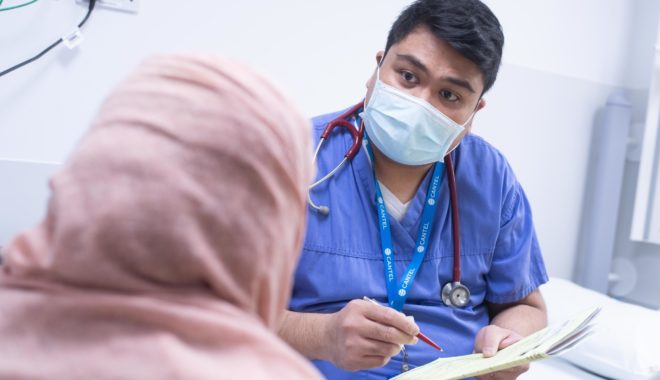
Queen Mary’s genes project goes national
A QMUL-led project to improve the representation of British people with Pakistani and Bangladeshi heritage in genetic datasets has reached a key milestone.
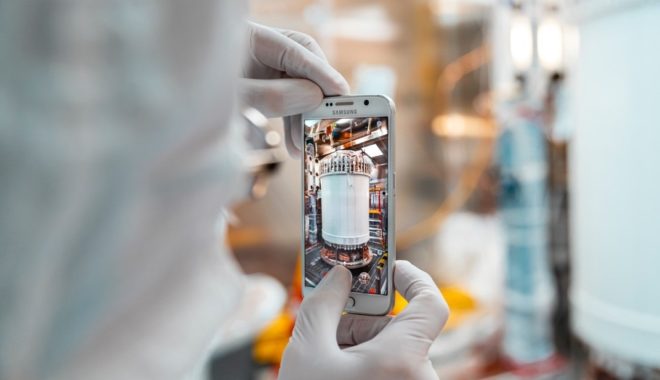
SES members to receive £24m for particle physics research
Six SES members to receive a share of a £60m investment, which supports the next generation of particle physicists.
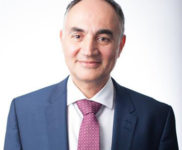
Professor Reza Razavi
Vice Principal (Research and Innovation)
Executive Board Member

Greg Anderson
Associate Director Core Facilities (Strategy)
Operational Lead / Equipment Sharing Group member

